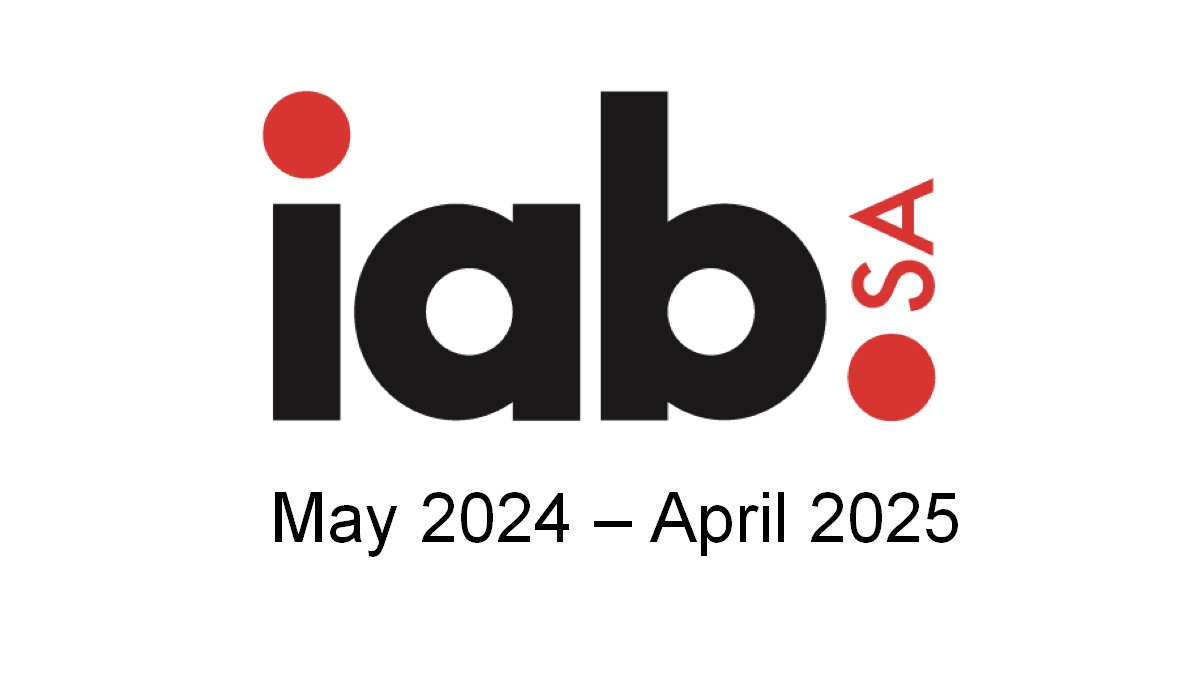The energy crisis in the country has caused Pick n Pay South Africa’s share price hit its lowest mark this week with the retailer’s shares dropping 9% to its lowest in a decade.
The commodity retailer has spent more than half a billion rands in diesel to keep its generators working.
The retailer said the high cost of purchasing diesel for its generators has had a huge impact to its operations, denting its profit margins.
Its share price on the JSE on Thursday closed 9.16%, which saw it to trade lower at R37.39.
The retailer has spent R522-million in total on diesel and a net amount of R430-million when it takes its electricity savings into consideration.
“The ongoing crisis in national electricity generation is having a profound impact on the group and the country. All the Pick n Pay and Boxer stores have backup power and have been operational throughout the difficult loadshedding period.
“However,” says the retailer, “loadshedding has resulted in customer disruption, presenting supply chain and procurement challenges given the significant diesel expenditure costs to run generators, extra repairs and maintenance running ahead of normal demands”.
The retailer stated that energy usage reduction has multiple work streams, including further investment in energy-efficient LED lighting and the installation of automated controls to switch off certain equipment during loadshedding.
“Negotiations with landlords are ongoing in support of maximising landlord solar installation and the purchase of renewable electricity from landlords. Installing in-store battery energy storage solutions to operate supermarkets sustainably through loadshedding. The group is in the process of trialling such solutions in several supermarkets and will critically assess the return on investment, while making the case to government for diesel tax rebates.”
The group’s sales at Pick n Pay and Qualisave grew by 4.3%.
Pick n Pay has also invested R4-billion in capital projects in financial year 2023, an 87% increase on the R2.1 billion invested in 2022 in line with accelerated investment plans.
The group stated that its capital investment for the financial year of 2024 was expected to be in the rage of R3.5-billion to R4.5-billion.
The retailer has reduced food waste by 30% over the past four years with the intention to reducing it by 50% in 2030 through donating more than 880 tons of edible surplus food to NGOs.
For more business news from Sunday World, click here.
Follow @SundayWorldZA on Twitter and @sundayworldza on Instagram, or like our Facebook Page, Sunday World, by clicking here for the latest breaking news in South Africa.




